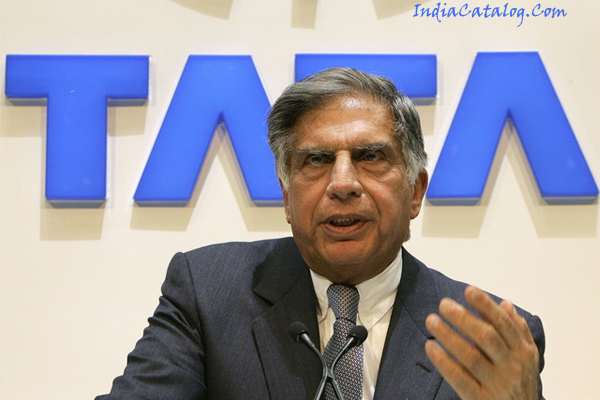Thirty days in office, Narendra Modi-led NDA working to keep promises
.jpg)
Within 30 days of taking charge, the NDA government has given environment clearance for projects worth about Rs 22,000 crore that needed coal linkages, approved setting up of eight centres for IT manufacturing and raised fares for long distance trains.
It has also asked states to remove fruits and vegetables from the APMC act and promised to offload 50 lakh tonnes of rice in the markets to keep retail prices stable. Delhi and Uttarakhand have complied with the directions.
And just a day into its second month, the government has decided to take more time to figure out what will be the price of gas extracted from domestic fields, a subject that has become a political hot potato.
As of now, the government has eschewed the temptation take a strident path on economic issues. In the case of gas, for instance it has decided to move with caution building up stakeholder consultations.
Welcoming the way the government has functioned so far the 30-share Sensex at the BSE has risen by nearly 400 points in the one month span between May 26 and June 25.
On the way it has taken in shocks like government data confirming a sub-5 per cent GDP growth for two consecutive years, concerns over Iraq crisis impacting the oil subsidy and an over six per cent headline inflation. The markets reached a peak of 25,521 on May 17, the day after the BJP, led by Narendra Modi, ended up with a clear absolute majority in the Lok Sabha. It has come down by 0.8 per cent, but business plans are firming up.
“The emergence of a new stable government has improved the sentiments of corporates... Large companies such as Hindustan Zinc , Tata Steel and Adani are looking to raise as much as Rs 1.2 lakh crore in the next two years with Rs 71,000 crore to be raised in the coming six months,” said Abhishek Goenka, chief of India Forex Advisors. This is despite Prime Minister Modi advising about the need for “unpopular measures”.
The clearances for some big ticket environment projects including those for SAIL was the first major economic decision of the new government. Subsequently it cleared interest subsidy plan for setting up eight IT manufacturing clusters in towns like Ghaziabad, Gandhinagar, Pune and Nagpur. Eight other centres will get incentives to set up manufacturing centers too, a Cabinet decision of early June noted.
Other than the price related decisions, this government has also meanwhile raised the minimum support price for paddy, but at a lower pace than the ones made by the UPA government. Modi’s team has announced a Rs 50 per quintal increase in the minimum support price of paddy and that of pulses by up to Rs 100 per quintal.
It has also raised the import duty on sugar to 40 per cent and as per the Rangarajan committee formula raised an interest support for sugar mills to Rs 3,300 per tonne.
The one major slip up has been the partial roll back of suburban rail fares. Less than a week after it was announced, it has managed to retain the increase in freight and passenger fares despite stiff opposition.
In a further boost to industry and manufacturing, the labour ministry has also begun a review of archaic labour laws while a single window system will also soon be in place for green clearances for coal, steel and power projects.

.webp)
.webp)
.webp)
.webp)
.webp)
.webp)
.webp)
.webp)
.webp)
.webp)











